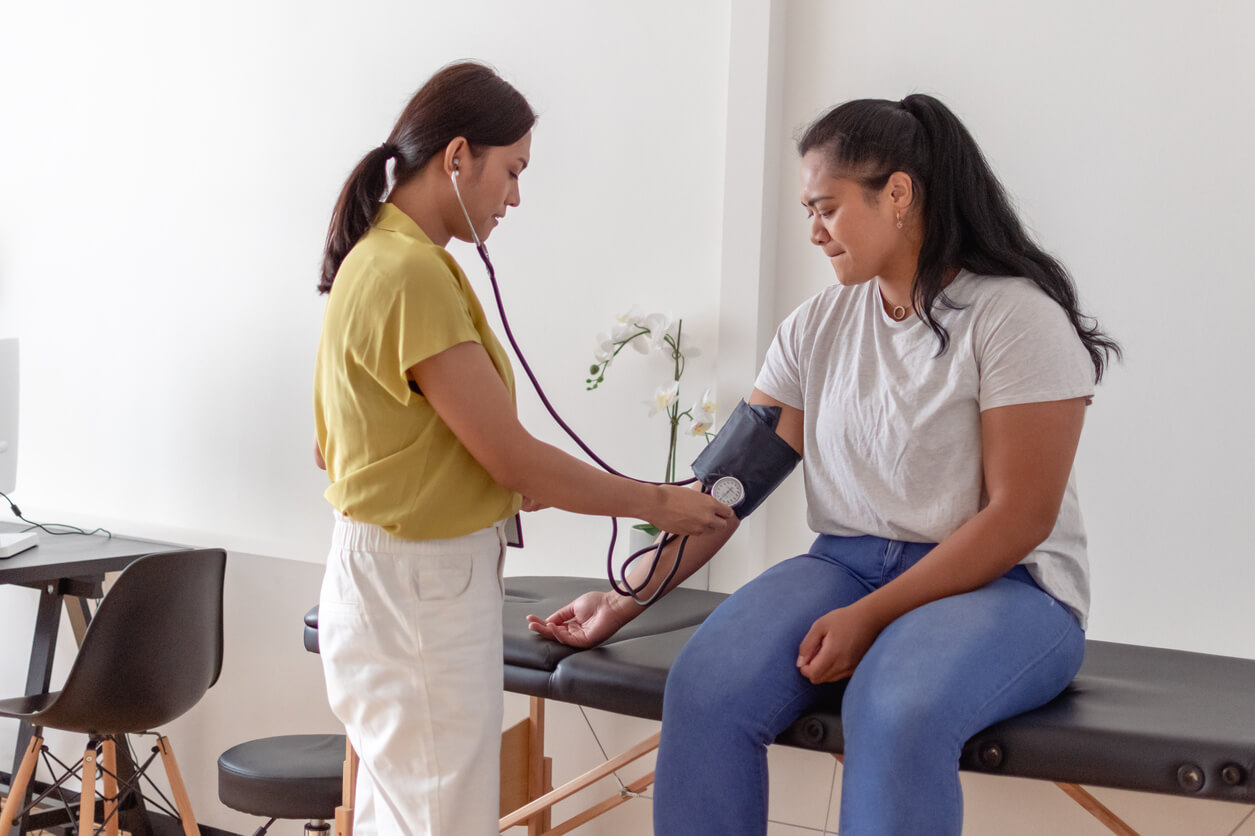You are in Midtown East, a heartbeat of New York City, teeming with people. You jostle through the crowd, the noise, the energy. But something’s not right. You feel a little off, a bit unwell. Don’t brush it off. This is where your primary care provider steps in. They are the unseen heroes in the realm of care coordination Midtown East. They work behind the scenes, detecting the early signs of disease that we often overlook. This blog sheds light on the incredible importance of these tireless guardians of our health.
What Is Care Coordination?
Think of care coordination as a maestro conducting an orchestra. Each instrument represents a part of your health–doctors, specialists, pharmacists, family members, and you. The maestro ensures all these instruments play together, creating a harmonious tune– your perfect health. That’s what care coordination is all about. It’s a seamless process, ensuring everyone involved in your care is on the same page.
The Crucial Role of Primary Care Providers
Your primary care provider is the engine driving this coordination. They are your first point of contact when you feel unwell. They monitor your health, guide you through routine check-ups, and manage any unexpected health issues. They have a broad view of your health, and their insight is invaluable in identifying early signs of disease.
Spotting the Unseen
Many diseases start with subtle symptoms. A feeling of fatigue, unexplained aches, a change in appetite. It’s easy to dismiss these signs as just a bad day. But your primary care provider knows you. They understand your health and can detect changes that might indicate a more significant problem. Their vigilance is key in spotting these early signs of disease.
The Value of Early Detection
When it comes to fighting disease, time is of the essence. Early detection means early intervention. It can be the difference between a manageable condition and a life-threatening situation. Your primary care provider plays a vital role in this early detection process, potentially saving your life.
Conclusion
So, as you stride through Midtown East, remember the importance of regular check-ups with your primary care provider. They are the silent sentinels in ‘care coordination Midtown East’, working tirelessly behind the scenes to keep you healthy. Trust them. Listen to them. They are your first line of defense against disease. And in our bustling lives, a trusted defender is exactly what we need.

